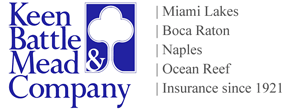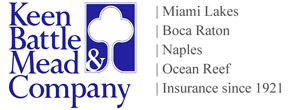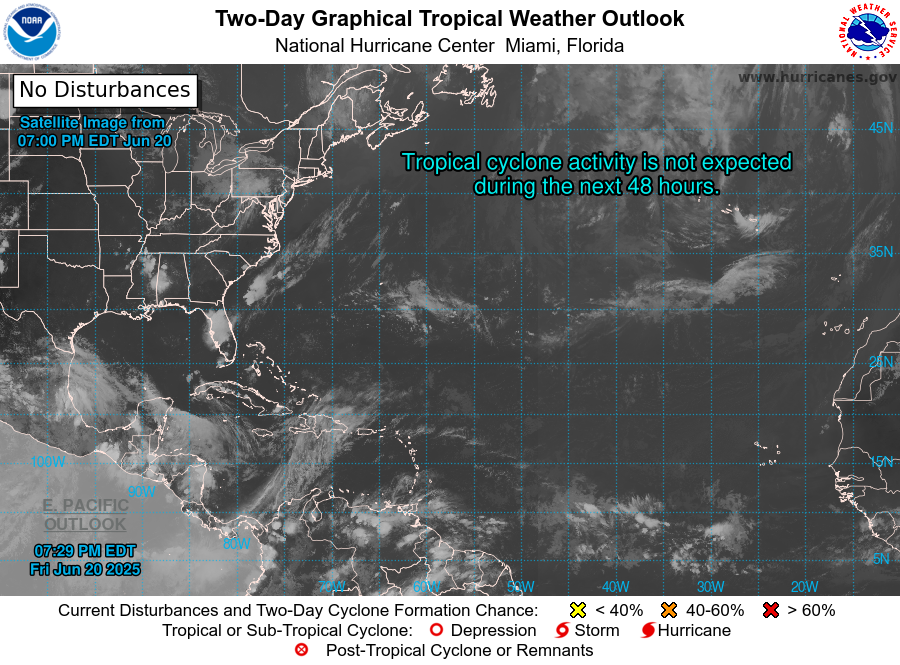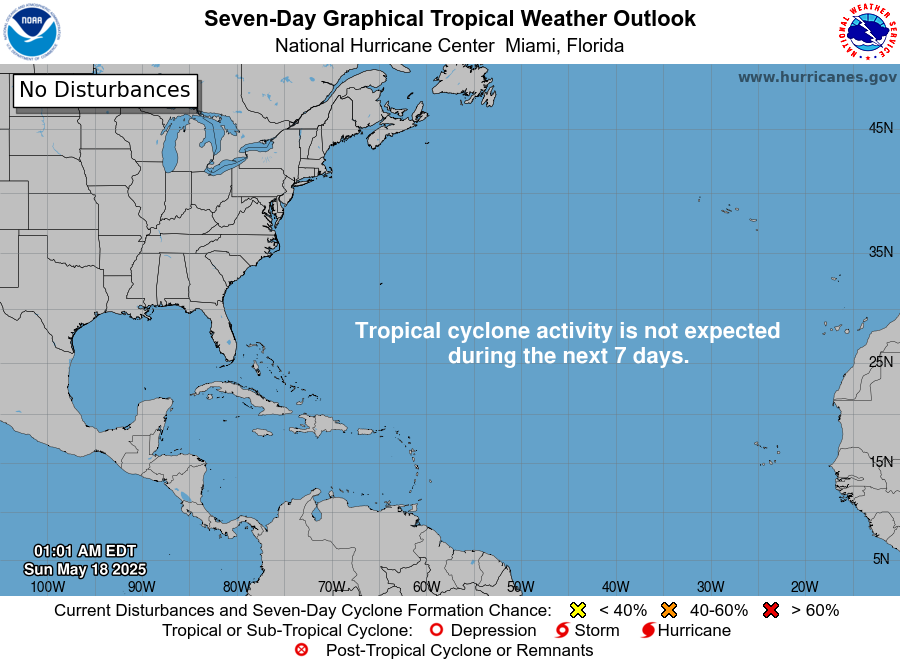The Atlantic Hurricane Season Begins on June 1st and Ends on November 30th
DOWNLOADS & INFORMATION
Timely & Helpful Information
What Insureds Need to Know About Insurance and Hurricanes
Here are the top five things policyholders need to understand about insurance and hurricanes:
-
Hurricane deductibles: Most homeowners’ insurance policies contain specific provisions related to damage caused by hurricanes, and a key feature is often higher deductibles for losses resulting from a hurricane. Under this provision, homeowners are responsible for paying a percentage of the insured value of the home, generally ranging from 2-10 percent. So for a home insured for $1,000,000 with a 2-percent hurricane deductible, the policyholder would be responsible to pay out of pocket for the first $20,000 in damages.
-
Wind-driven rain: Damage caused by wind-driven rain—for example, rain blown through poorly sealed door/window openings—is not covered in most instances. While damage caused by wind itself is likely covered (subject to the hurricane deductible), water damage caused by rain seeping into the home through doors/windows generally is not.
-
Repair scams: Homeowners should resist the temptation to sign up with the first repair crew that shows up at their door, and especially should not sign paperwork that assigns the rights and benefits of their insurance policy to someone else. Assignment of benefits scams are a leading cause of rising insurance rates, and fraud artists see a hurricane aftermath as a golden opportunity to prey on unsuspecting homeowners. Insurance policyholders should always call their agent or their insurance company first, to report a loss and determine the best way to proceed.
-
Flood damage: Damage caused by flooding, common in a hurricane, is not covered by standard homeowner’s insurance policies. A separate flood insurance policy is required for this type of loss.
-
Mitigate and document: Homeowners are expected to mitigate damage to their home to the extent they safely can, and to document their damage. So, putting a tarp over a damaged roof or boarding up a broken window can prevent further losses. Homeowners should document damage by taking photographs and save receipts for any out-of-pocket costs.






